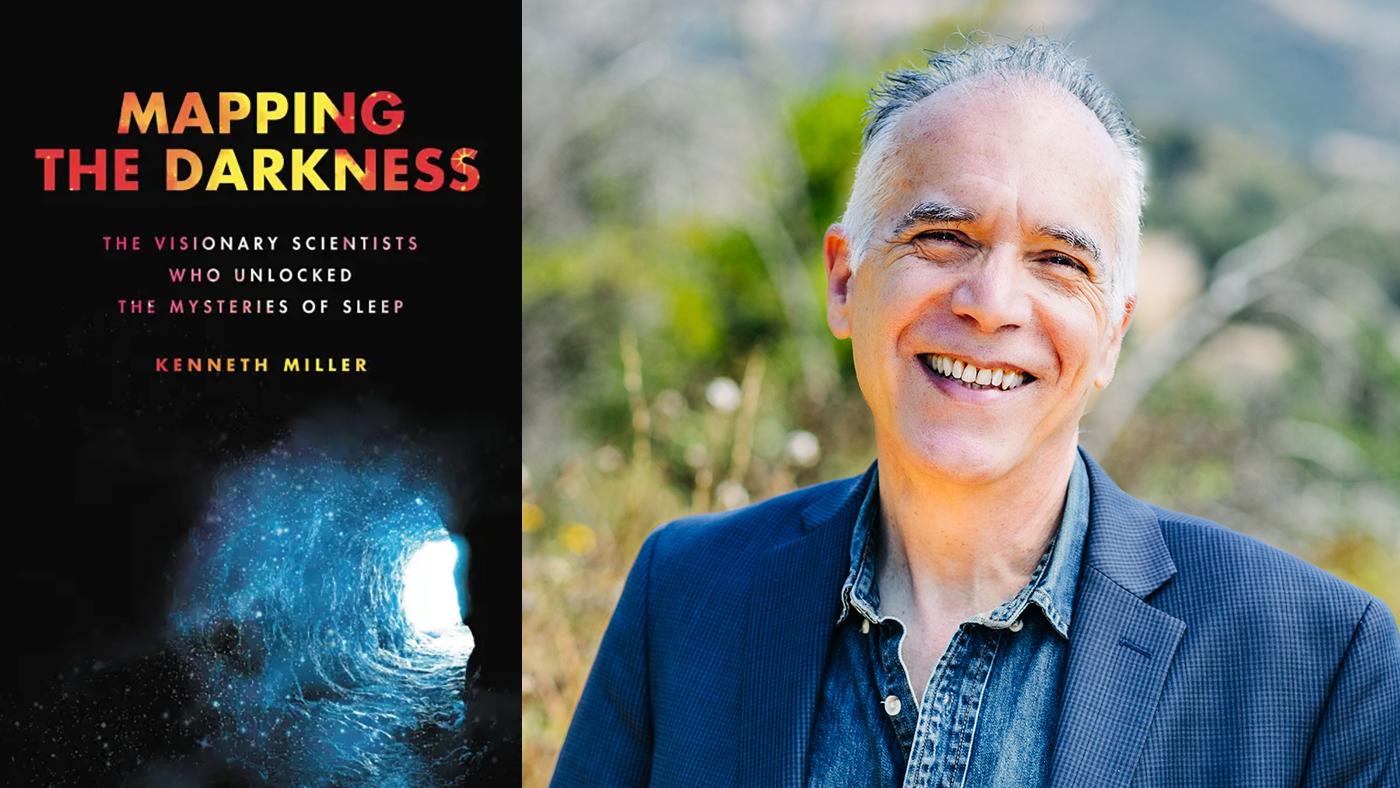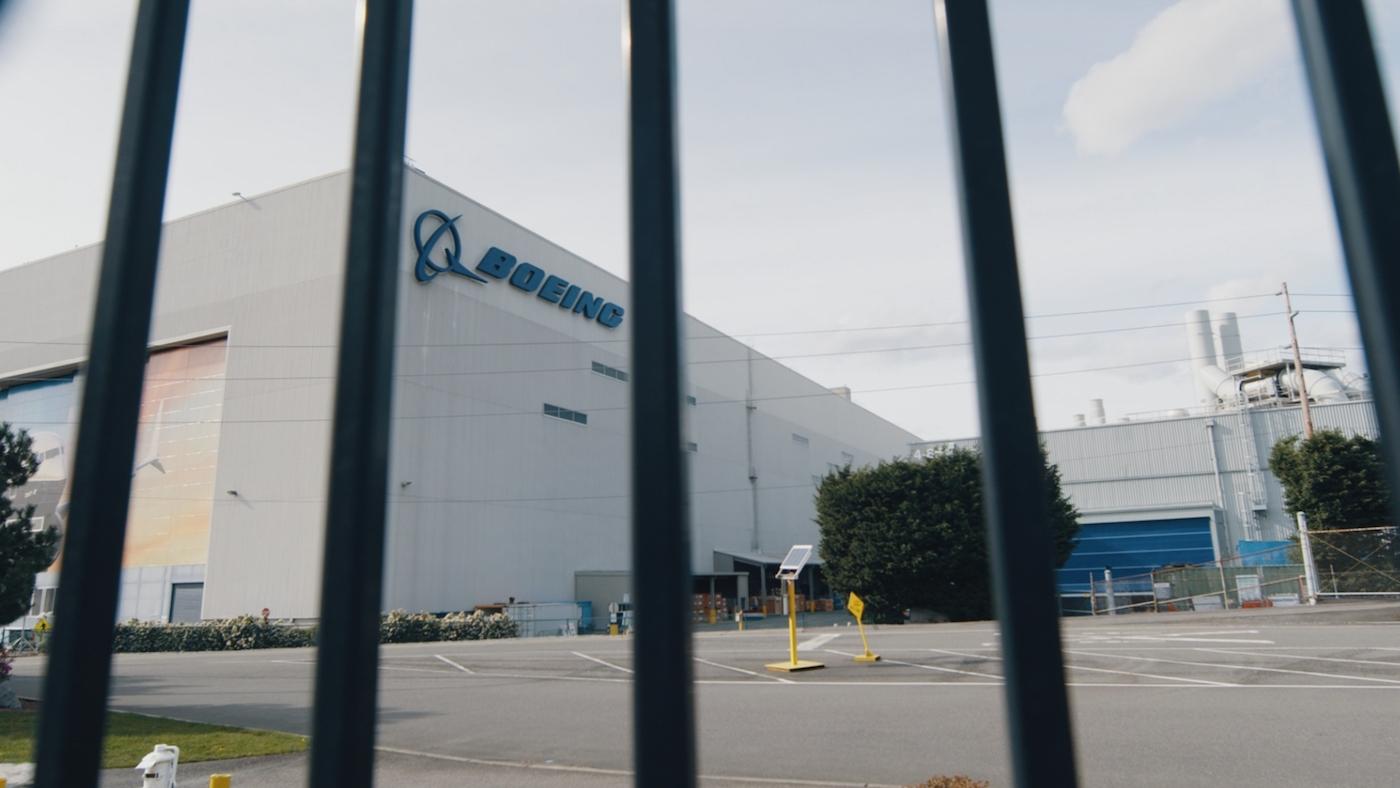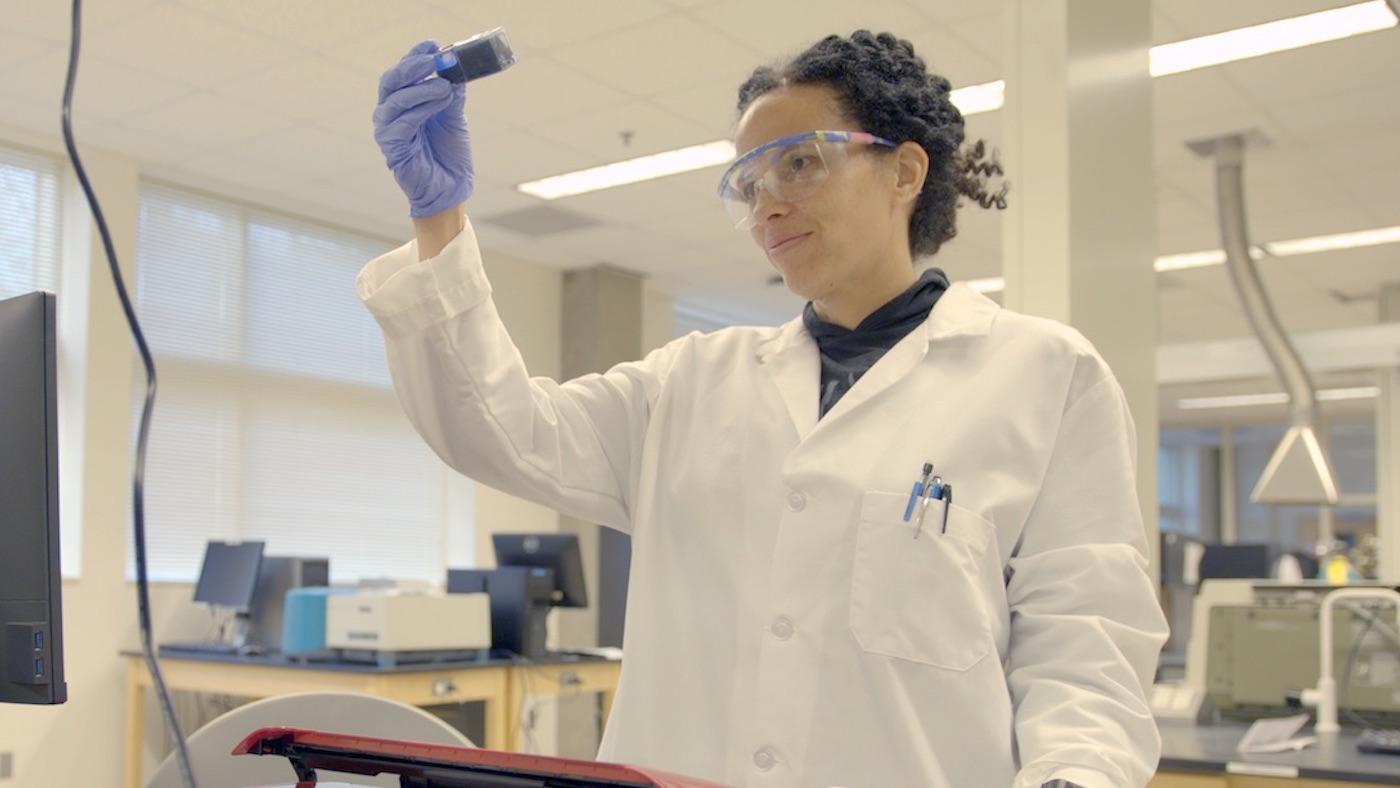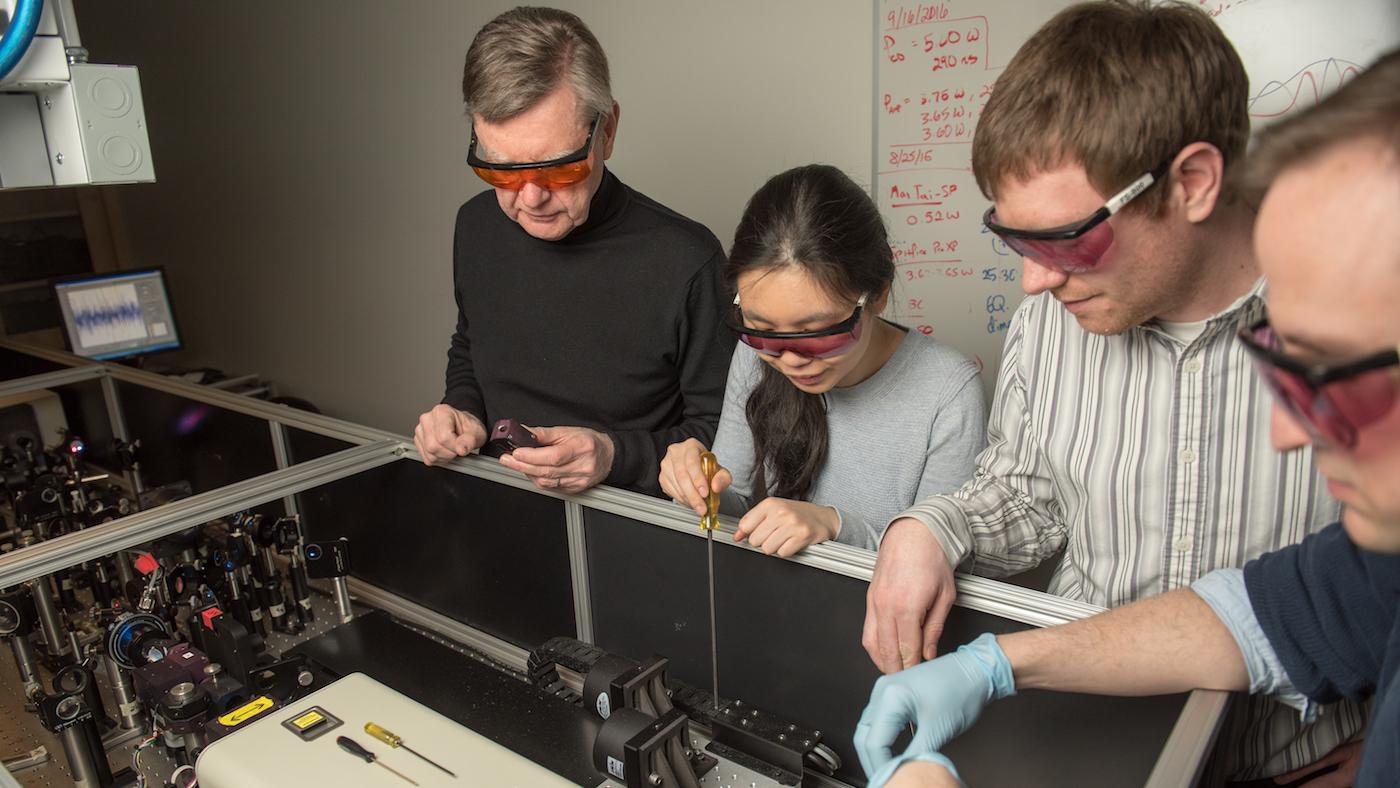How a Year in Space Affects the Human Body
Daniel Hautzinger
November 15, 2017
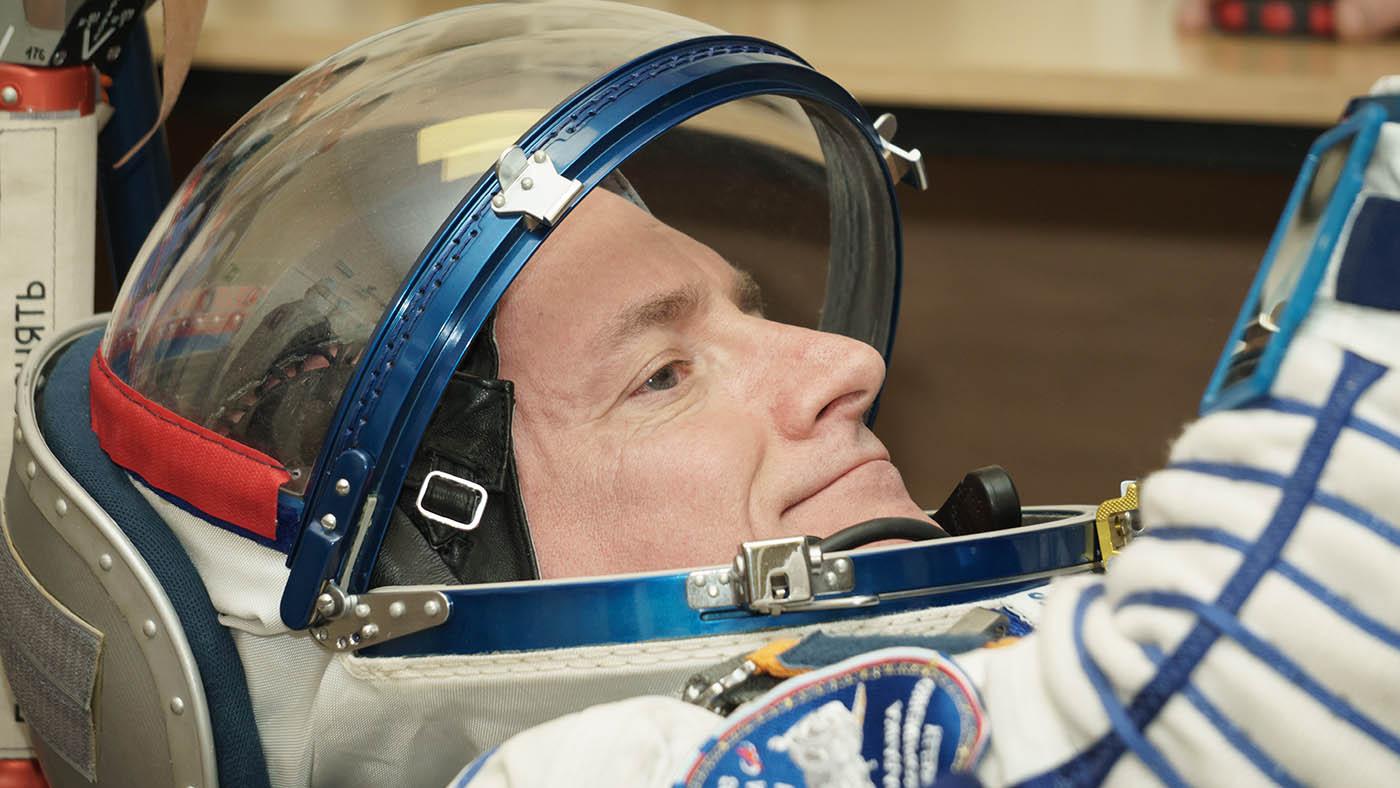
A Year in Space is available to stream, Beyond a Year in Space is available to stream by Passport members
In March of 2015, astronaut Scott Kelly began a 340-day stint in space on the International Space Station with the cosmonaut Mikhail Kornienko while his twin brother Mark Kelly stayed on Earth. Scott’s year on the International Space Station – the longest any American has ever been in space over a single mission – was part of NASA’s Twins Study, which seeks to discern the effects of an extended stay in space on the human body, by comparing Scott to his Earth-bound brother, particularly their genomes. Part of the goal is to determine how humans would fare on a mission to Mars. Preliminary results have come out, with a full report due in 2018. (Scott recently appeared on Chicago Tonight to talk about his experience in space and his new memoir.)
The documentary Beyond a Year in Space looks at the study and the aftermath of Scott’s year in space, as well as two astronauts training to be part of the next generation of Americans in space. What has the Twins Study taught us, and what do we already know, about the effects of space on humans?
Space affects gene expression – “We really see an explosion [of changing gene expression], like fireworks taking off, as soon as the human body gets into space,” said Twins Study principal investigator Chris Mason in a press release. “With this study, we’ve seen thousands and thousands of genes change how they are turned on and turned off.” One method of gene expression that seems to be majorly altered by space is methylation, which increased in Scott Kelly. Methylation usually prevents the activation of genes by attaching a methyl group onto a segment of DNA. This seems to be an attempt by the body to adjust to low-gravity life. Kelly’s altered expression of genes continued for a short period after he returned to Earth.
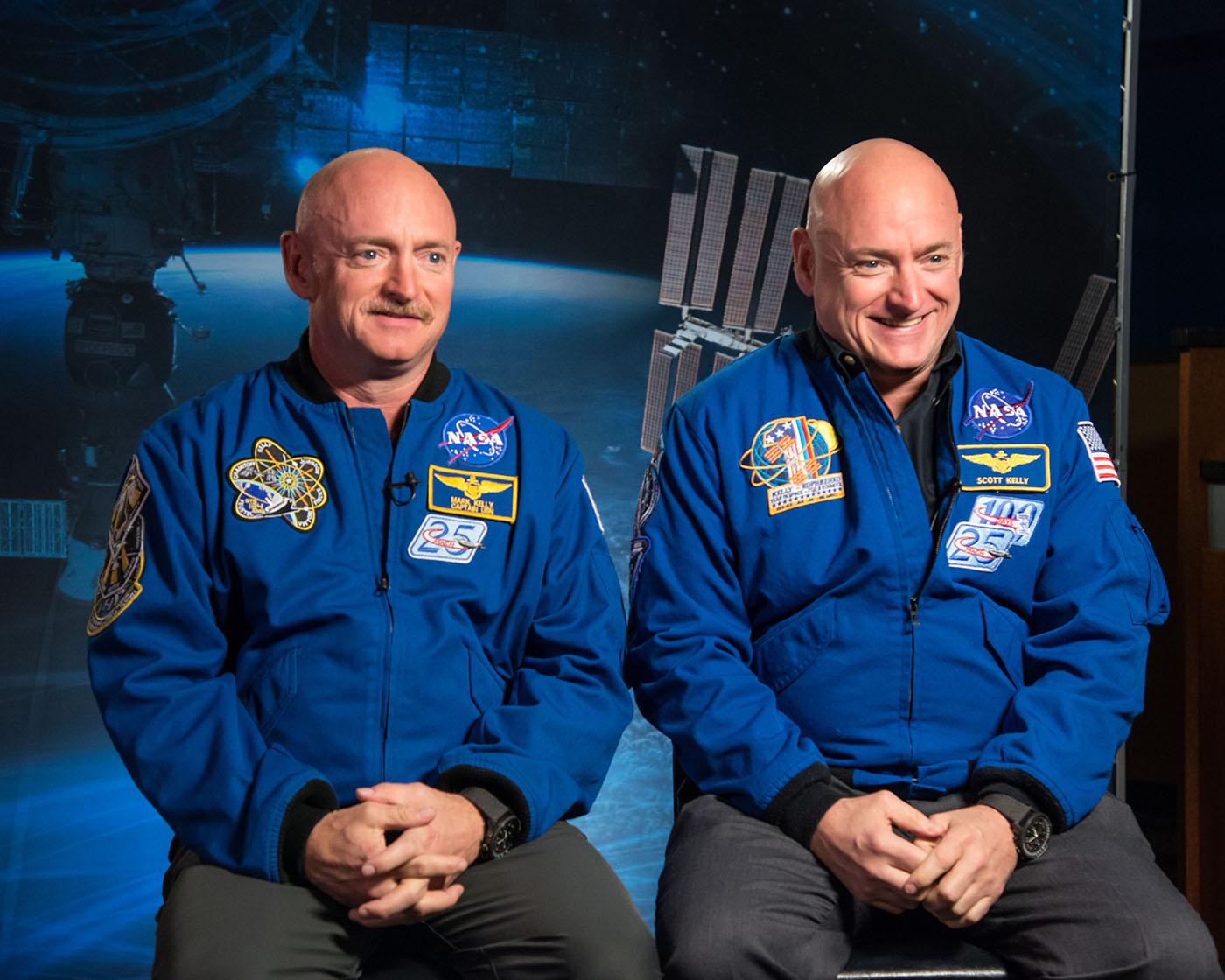 The Twins Study allows NASA to compare the genomes of Mark and Scott Kelly to better understand the effects of space on the human body. Photo: Courtesy NASA
The Twins Study allows NASA to compare the genomes of Mark and Scott Kelly to better understand the effects of space on the human body. Photo: Courtesy NASA
Space affects an aspect of DNA that is related to aging and cancer – While in space, Kelly’s telomeres grew longer, then shortened when he returned to Earth. Telomeres are found on the ends of chromosomes and protect them from damage. As cells divide over a life-span, the telomeres decay until the cell can no longer divide. This occurs as a person ages or experiences stress, but telomeres are also associated with cancer: telomerase, the enzyme that encourages the growth of telomeres, is found to be active in most cancer cells. This means space could slow aging, but also make cells more likely to mutate and become cancerous.
Space makes you taller – While changes in gene expression are the major discovery from the Twins Study so far, there are other effects that have been known but were demonstrated over a long term on Kelly. Low gravity allows a spine to stretch, giving an astronaut a temporary height boost. Scott Kelly was almost two inches taller when he returned to Earth, though the gain is short-lived.
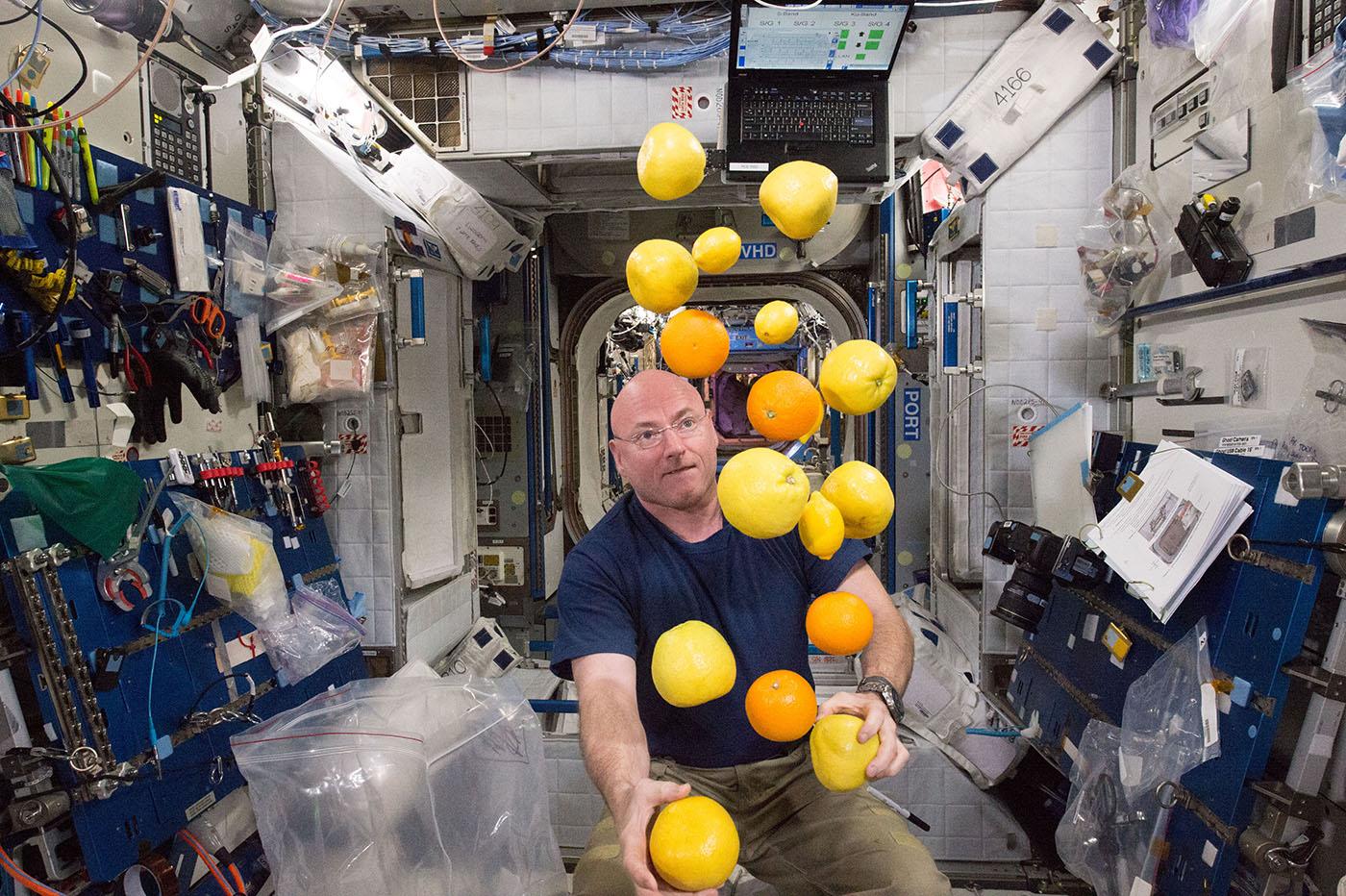 Kelly juggles fruit in the low-gravity environment of space. Photo: Courtesy NASA
Kelly juggles fruit in the low-gravity environment of space. Photo: Courtesy NASA
Muscle mass and bone density decrease in space – In a low-gravity environment, muscles are not needed as much, so their mass quickly starts to decrease, as does bone density. Astronauts maintain a rigorous exercise regimen to ensure they don’t lose too much muscle or bone density, which would be a problem when they returned to Earth. Even so, Kelly reported fatigue, soreness, and stiffness upon returning to gravity.
Space causes a redistribution of fluid in your body – In the absence of gravity, fluid in the body shifts away from the lower half of the body upwards, which can cause degradation in vision and also cause the legs to look skinnier for a brief period. When Kelly returned to Earth, his legs became swollen as gravity pulled the fluid back down.
Kelly also reported flu-like symptoms, including nausea, upon returning to Earth. He says it took almost eight months for his entire body to readjust and for him to feel entirely normal.


